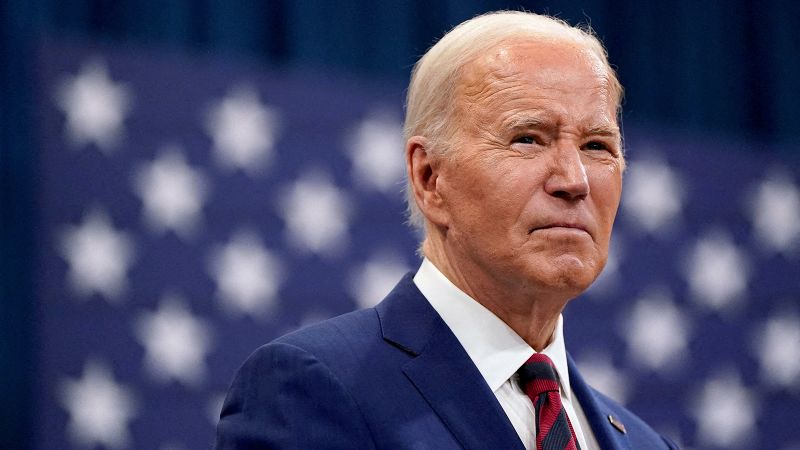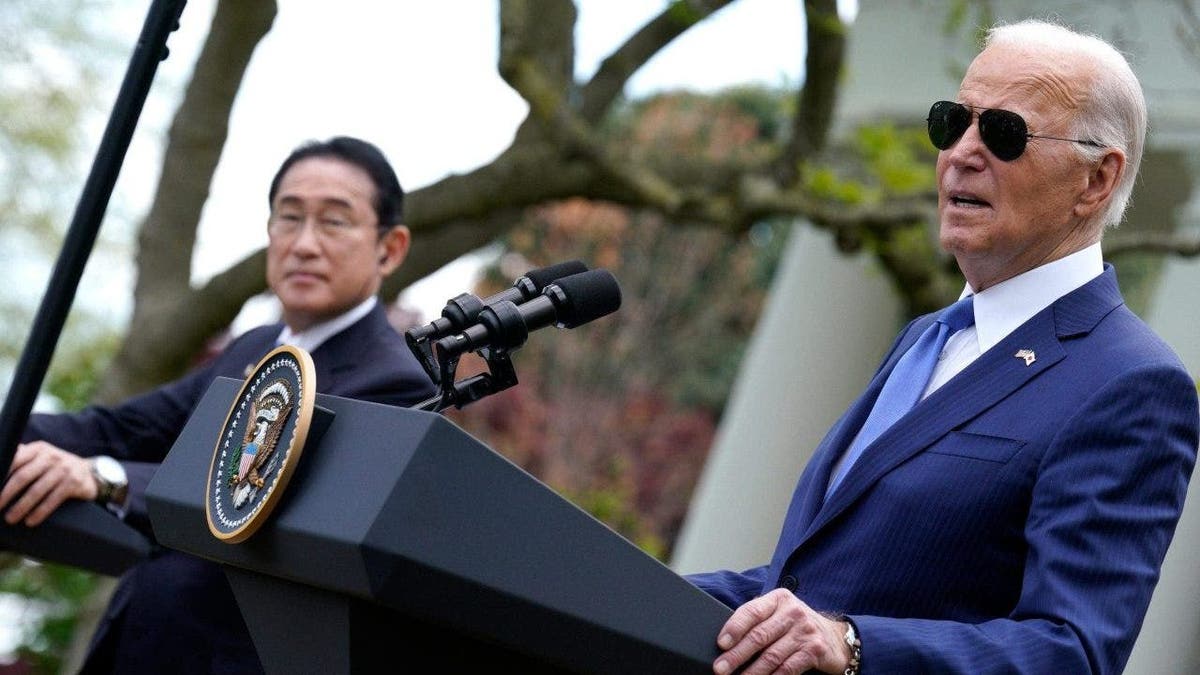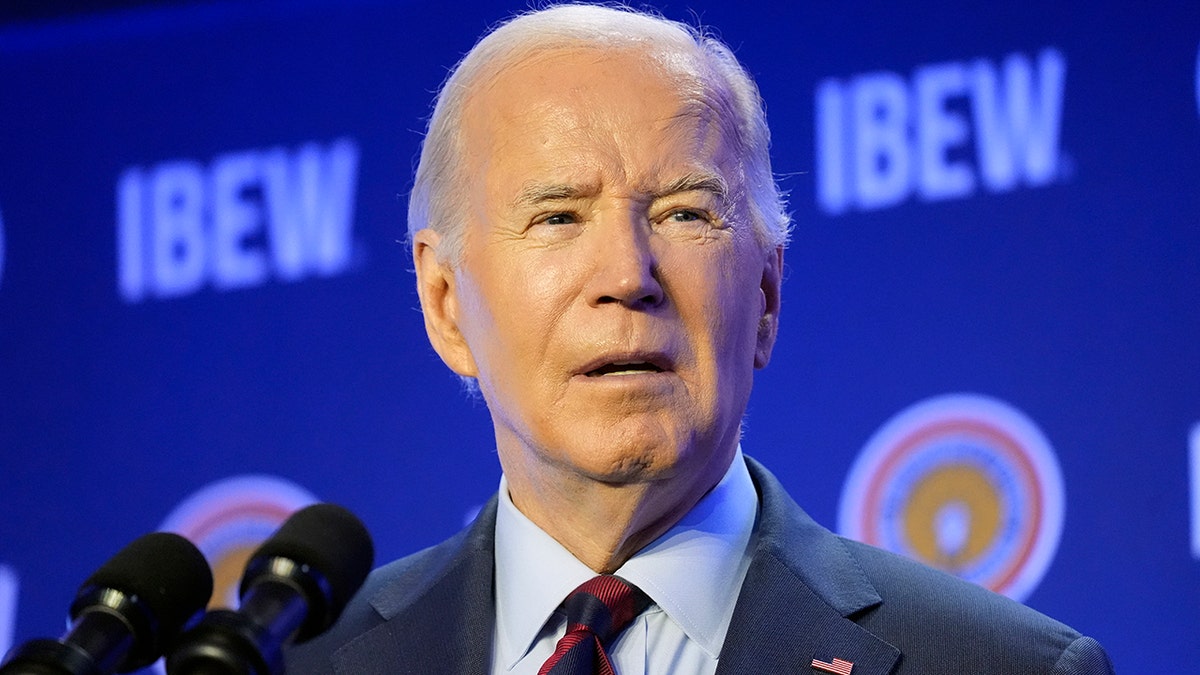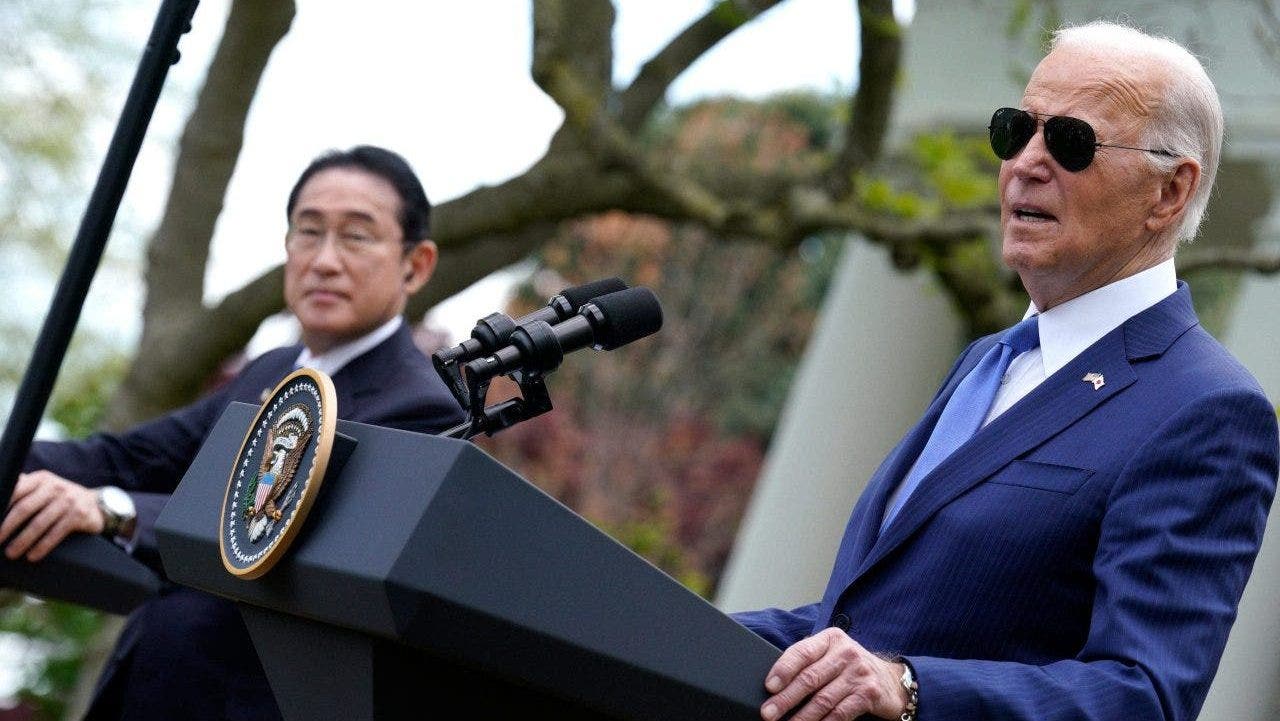
President Joe Biden made controversial remarks about Japan and India during a campaign reception on May 2, 2024. In his speech, he referred to both countries as 'xenophobic' and suggested that their economies would perform better if they embraced immigration more. The comments came as President Biden faces political pressure at home over his own immigration policies and strained resources to deal with an influx of migrants.
Japan, a close US ally, has long experienced a demographic crisis with far-reaching consequences for the country's workforce and economy. The nation has largely shied away from using immigration to bolster its population. India also faces challenges in managing its immigrant population due to various socio-economic factors.
Biden's comments were made during a fundraiser in Washington, D.C., where he emphasized the importance of welcoming immigrants and their role in America's economic growth. The president has previously criticized China, Russia, and India for being 'xenophobic' due to their low levels of immigration compared to the US.
The White House later clarified that Biden was attempting to make a larger point about America's history as a nation of immigrants when he described Japan and India as 'xenophobic.' However, his remarks sparked criticism from Japanese officials and diplomats, who expressed disappointment over the characterization of their country.
The US-Japan relationship is considered important and enduring. Despite Biden's comment, there are no indications that the alliance will be negatively affected. The White House has not yet commented on whether President Biden plans to make similar remarks in the future.
This article provides a factual account of President Joe Biden's comments about Japan and India during a campaign reception on May 2, 2024, and their implications for the US-Japan alliance.





